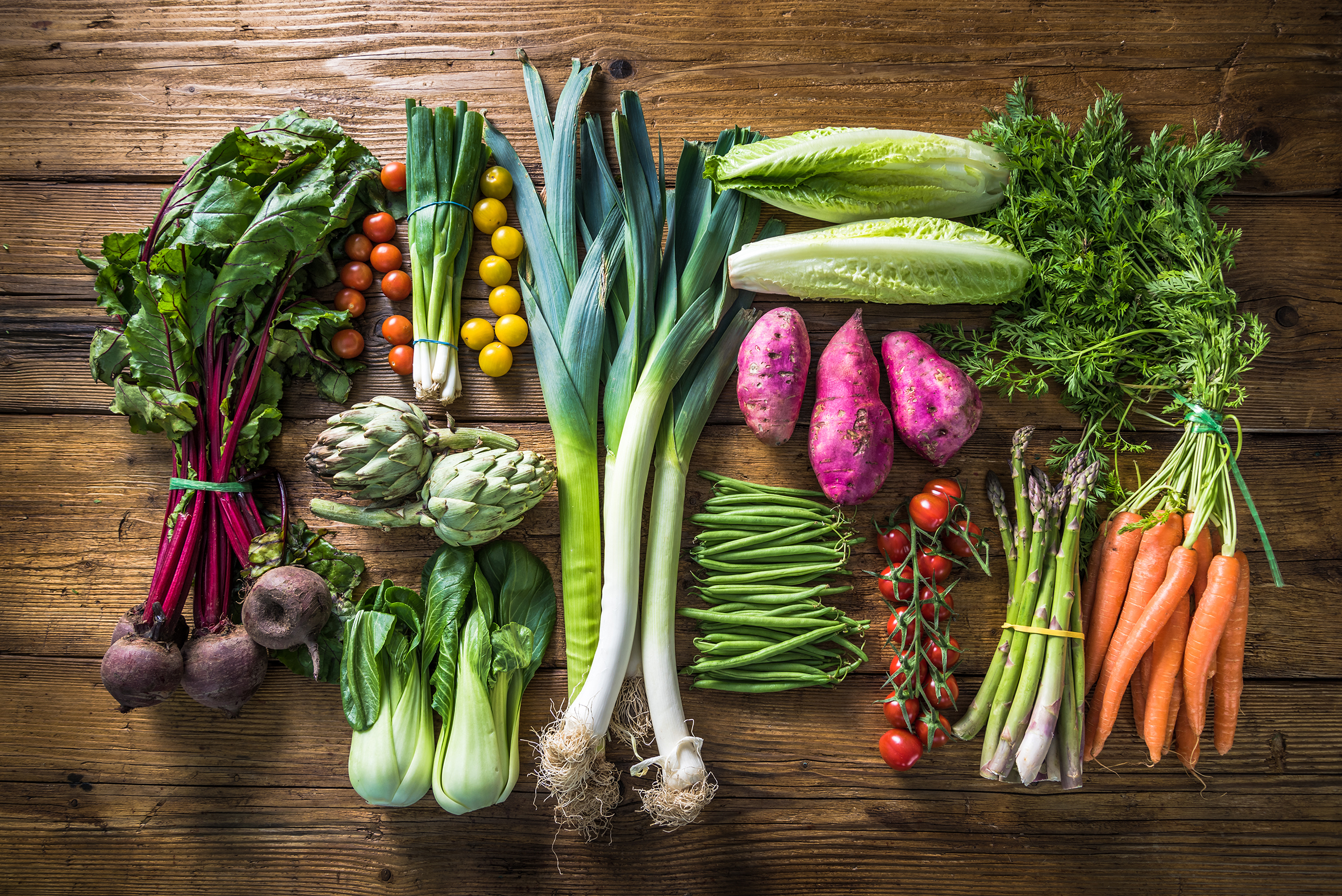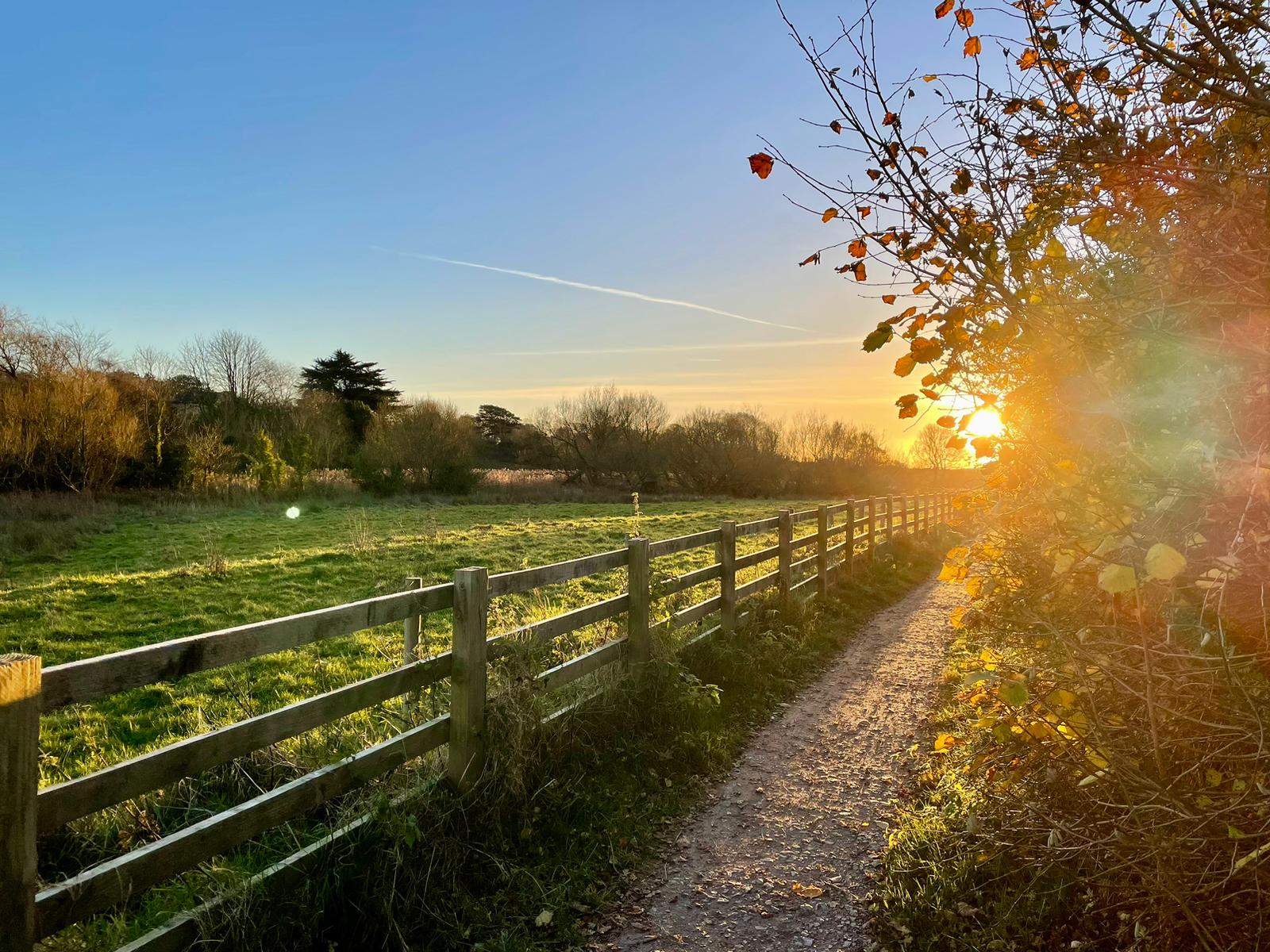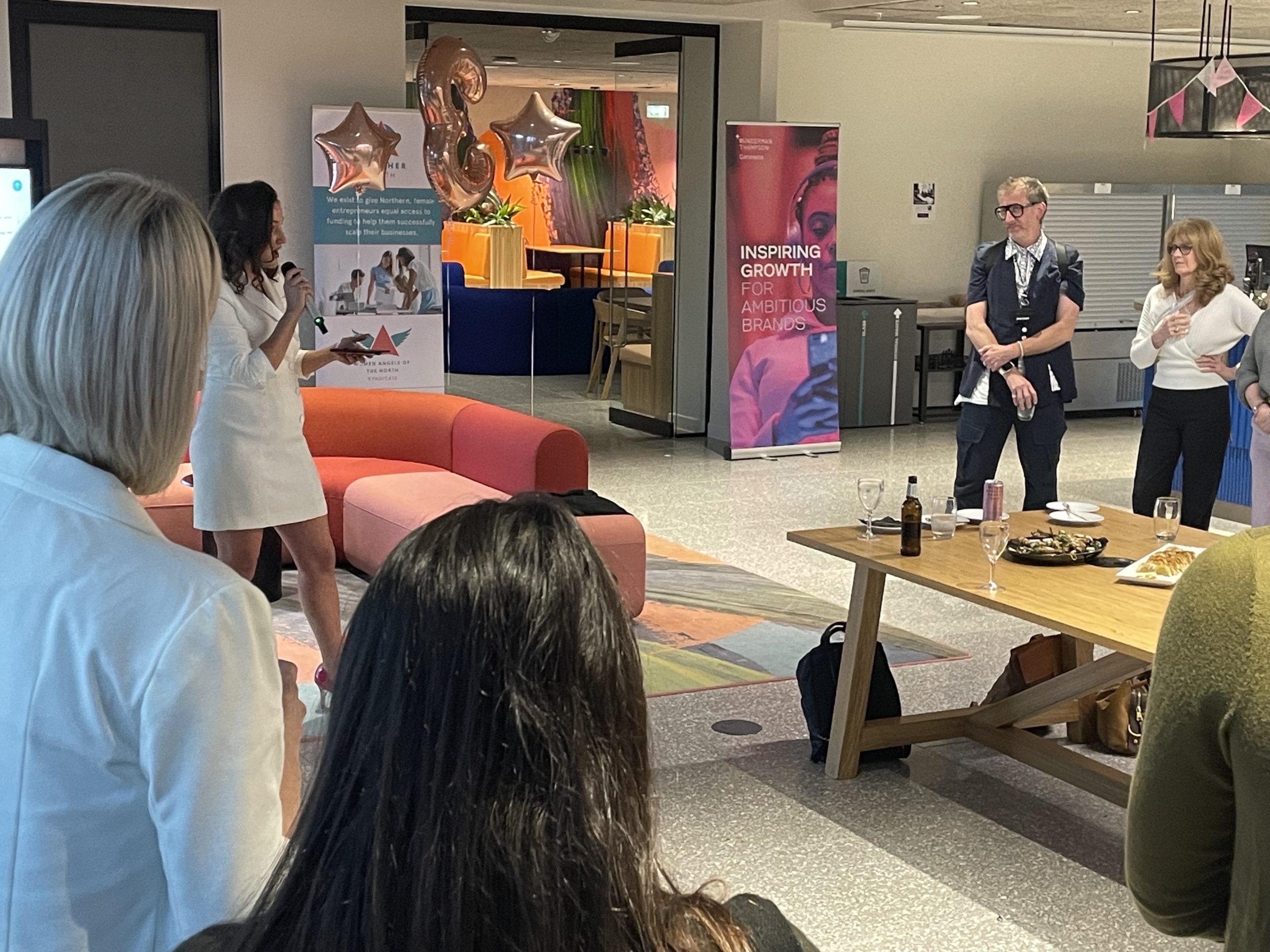This is the second of three Groundswell Innovation profiles of women leading businesses in the North West who are creating change, generating social inclusion, and truly demonstrating inclusive innovation.
Kay Johnson MBE is the founder of The Larder and has worked for more than 20 years as a nutritionist managing food poverty initiatives nationally and overseas; she spent a brief spell as a chef and was brought up on a small farm in Lancashire.
The Larder is a women-led social enterprise that promotes food that’s healthy, local, and seasonal, innovating to tackle food poverty across Lancashire. It focuses on creating a sustainable food system at a micro level, tackling issues around food with a holistic approach, across four elements:
- Tackling food poverty
- Benefitting the environment
- Supporting the local economy
- General nutrition
Kay’s story
“I was brought up with good food around me, there was always a meal made with local produce, I ate really well. Although I didn’t have a lot of money when I was growing up, we always had fresh, good and healthy food and I suppose I took it for granted really at the time.
I went to University and studied nutrition. I then became a nutritionist and I started working for and managing food poverty initiatives, so a lot of my work as a nutritionist was managing these healthy food initiatives and disadvantaged communities.”
Kay knows the importance of innovating to address food poverty, particularly during the current cost-of-living crisis.
Her most recent project for The Larder is partnering up with the ‘Sewing room’, an organisation in Skelmersdale. They have innovated new thermal food bags, allowing cooked food to simmer and keep warm for over 8 hours. Alongside this, the Larder has also provided cooking classes teaching a range of different meals every week.
“All of our projects strive for innovation and creating new ideas on tackling food poverty. One of the projects The Larder did was face-to-face cooking classes over the holidays for children.
Quite often, families on benefits or low incomes really struggle during the holidays because of the children that are entitled to free school meals, so it’s difficult for parents to afford that extra money to pay for meals for their children.
Then Covid-19 hit, and The Larder were unable to teach face to face. In response we developed and innovated online cooking videos. We had volunteer delivery drivers that delivered the ingredients to people’s houses, and people were emailed a link to the cooking classes. It was a very successful and popular project.”
One of the key elements of The Larder is ensuring that there is positive and lasting community impact.
“The Larder has a good relationship with the community, we do a lot of community engagement and we have conversations with people. At the beginning, the team spent a lot of time going out and asking ‘what is it that you need to happen to help you with your situation’ so we have then been able to put our projects together based on what people have told us. I think that is the key aspect of why we get such a good response.”
But there are challenges that Kay experiences running her business.
“Sometimes I do think it is really difficult when you’re up against opposition, and if you want to create change, which is what I am trying to do, you just really need to stand up for yourself and stand up to people who have different opinions. What The Larder is trying to do is promote fairness, fight for a fairer food system, and sometimes it is quite hard to get your point across.
And I also think as a woman running this organisation you have to be quite resilient. Sometimes people like to make things more difficult for you because they may see you as a troublemaker because you’re trying to promote change. So that can also become very difficult at times because I feel like sometimes I have to be assertive just to make things happen, so as a woman it can be challenging.”
Social inclusion is fundamental to how The Larder is run – and that means involving everybody – and the benefits to Kay are clear.
“The Larder tries to be as inclusive as possible; we try to be inclusive of everybody who may need our help. We run credited hospitality courses to people who wouldn’t see college as an option, we work with people who have been in prison, we work with people with mental health needs. We have also supported work placement for people with additional learning needs and I’ve delivered food hygiene training for Syrian refugees. We always try to make sure we are always providing a service for the people that are involved.”
“The best thing about running The Larder, is seeing everybody wanting to get involved. The benefits are definitely from the people of this community. We now have all these ladies that have started coming after Covid into the café space in Preston. These women knit items which we can then sell in our little shop, that then helps us get the money we need for our project work. We now have this community building, and seeing people connect through my enterprise is truly amazing.”
Written by Eden Latimer, work experience student at Groundswell Innovation







